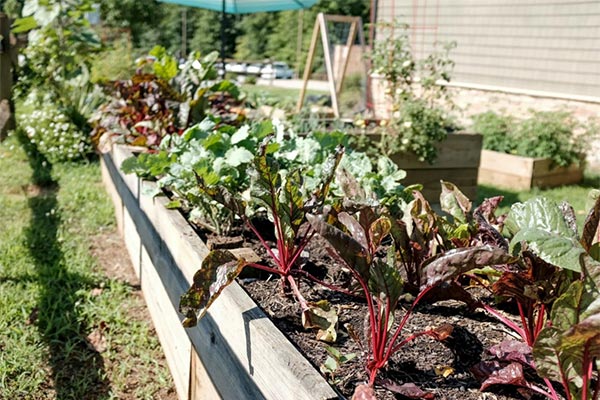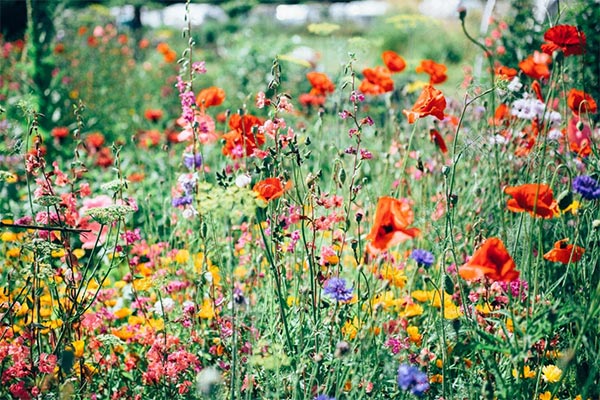
With the current emphasis on sustainable living all over social media, many people are starting to grow their own produce. Homegrown fruit and vegetables are always more tasty than store-bought and it also doesn’t come packaged in plastic which can’t be recycled. And flowers and trees are also great to grow because they look beautiful, absorb pollution from the air and also provide shade in summer. Although gardening is a rather sustainable hobby, there are different ways to make your garden even more eco-friendly.
In this article we give you five tips on how to be more sustainable in your garden.
1. Compost plant waste and leftovers
All your plants will need fertiliser in order to grow healthy. Store-bought fertiliser usually contain chemicals that provide nutrients for the plants but too much of these chemicals can affect the pH of the soil and disturb the natural ecosystem in your plant bed.
To avoid that you can get natural fertilisers and composts or you can have a go at making your own. Plants, especially fruit and vegetables, actually contain nutrients in them. You can collect all of your garden waste as well as leftovers from fruit and veg you’ve eaten throughout the week and put it in a closed container in the garden to make compost.
That way you can ensure your plants still get all of their needed nutrients but you will avoid the chemicals in regular fertiliser.
2. Don’t put excessive amounts of chemicals on your plants
As we already mentioned, a large amount of chemicals can harm your garden, as well as the micro-environment living in it. But chemicals aren’t found only in fertilisers. Pest repellents and bug killers also contain chemicals which if used excessively, can harm the eco-balance in your garden.
Some of the bug killing sprays commonly sold in garden centres can harm bees along with the pests you’re trying to get rid of. This is bad for your garden because bees are natural pollinators without which many plant species would go extinct.

3. Use sustainable plant pots
Plastic plant pots might be cheap and convenient but they aren’t the greenest option for your garden. In addition, they aren’t the most reliable option either. Exposure to sunlight can cause plastic pots to fade and break. Once broken and thrown away those pots will remain in the dumpster for centuries to come.
A better option is using ceramic pots, because they are more durable and can be repurposed after they’re broken. You can crush your broken pot into smaller pieces and use them for various DIY projects. For example you can mix some cements and pour it into moulds then stick the pieces in it to make garden decorations.
You can also look into buying used ceramic pots, especially if you’re growing plants that need specialised pots which are harder to come by such as bonsai trees.
4. Preserve rain water for watering
Gardening requires a lot of water which is a limited resource. In order to be more eco-friendly in your garden, a good idea is to collect rainwater which can afterwards be used to water your garden.
You can install a water tank on the roof of your shed or anywhere else in your garden and collect water when it rains. The water can then be stored in the tank and used to water your plants in summer when it doesn’t rain as often.
5. Grow bee-friendly plants

Bees are important not only for your garden, but also for all of the plants around the world. Without them the vast majority of the fruit and vegetables we eat would go extinct over time. One of the most sustainable things you can do, not only for your garden but for the environment in general, is plant flowers and other plants that bees love.
You can find pollinator-friendly seed mixes in most garden centres. Sprinkle them in one of your plant beds or put them in a few planters on your patio or around your veggie garden if you have one. In the summer months it’s also a smart idea to have a bee feeder with some sugar water because the heat can tire bees out.
